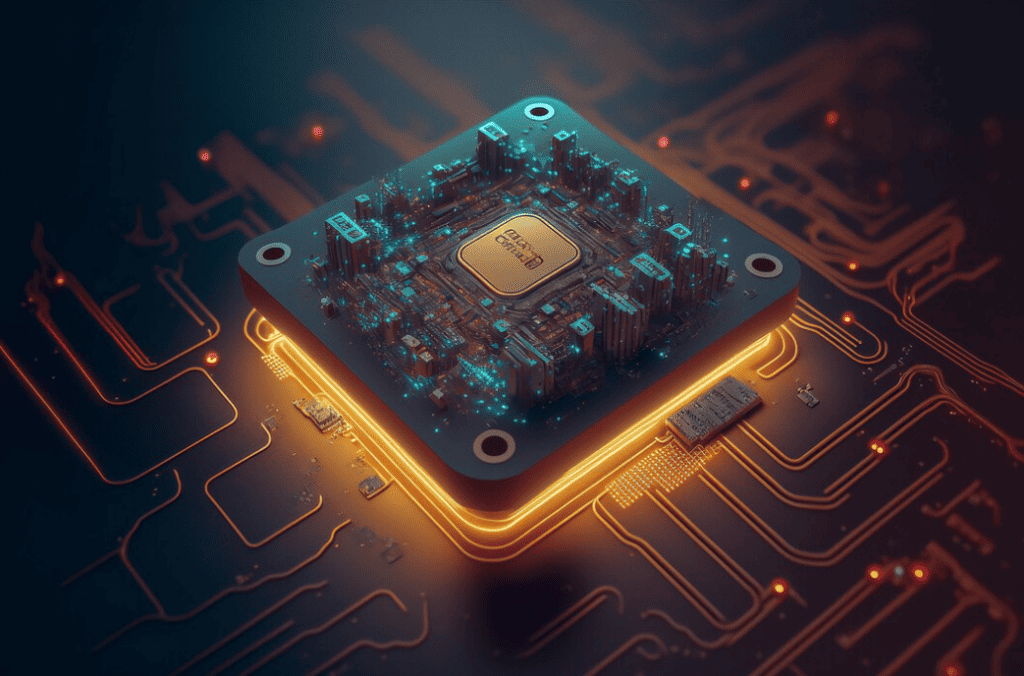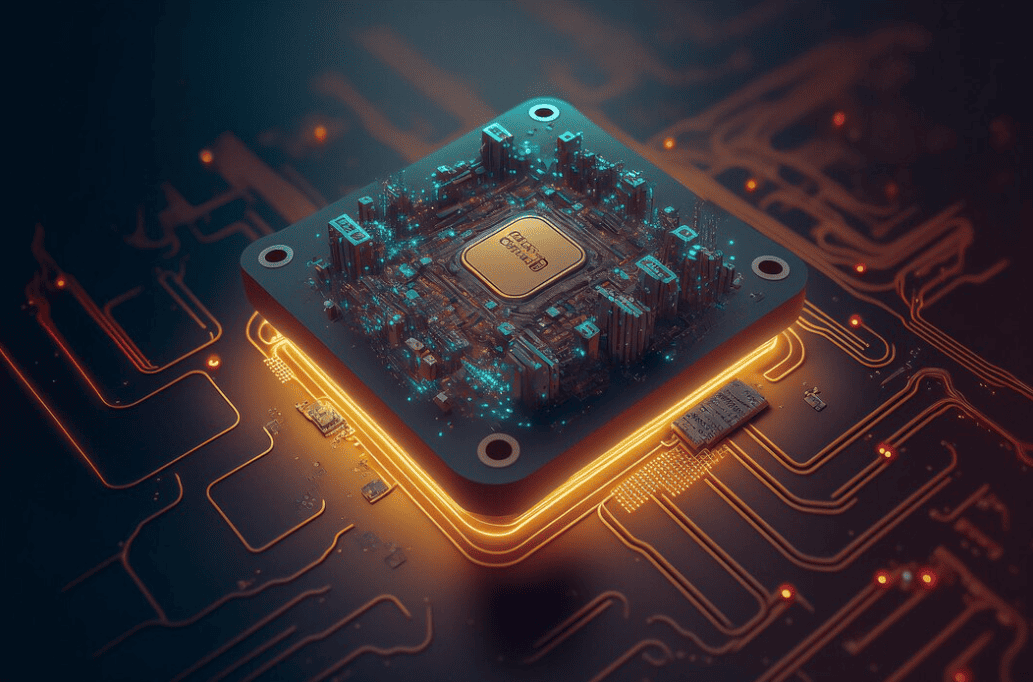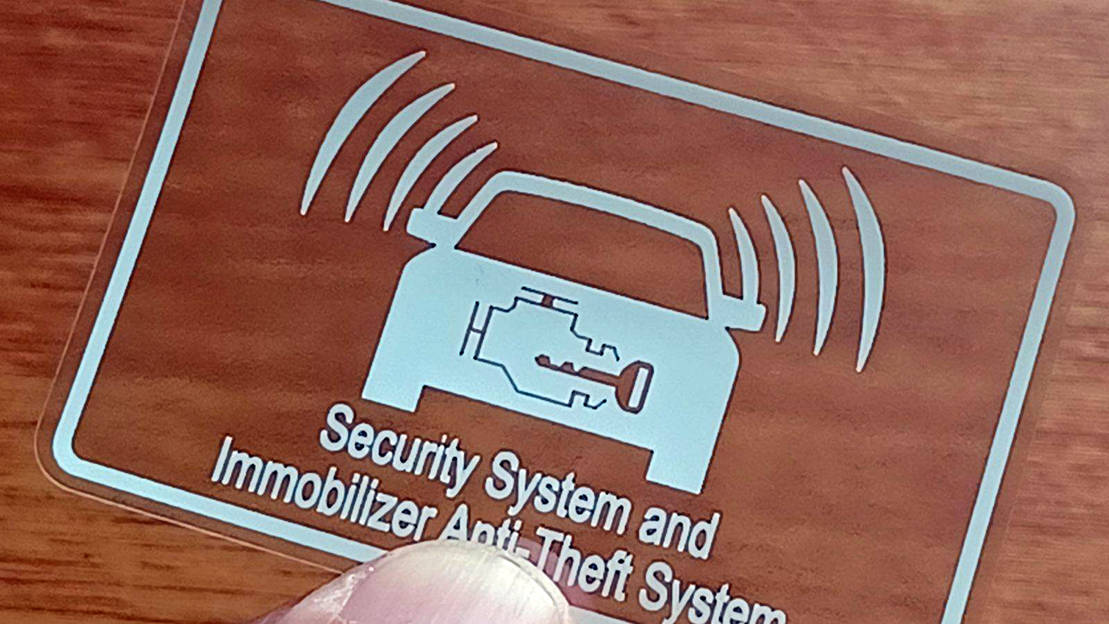Modern vehicles have come a long way since the inception of the internal combustion engine. Today, they are equipped with a plethora of advanced technologies. That not only enhance performance but also make driving safer and more efficient. Among these technological marvels is the Engine Control Unit (ECU). This vital component plays a pivotal role in governing the functioning of a vehicle’s engine and other critical systems. In this article, we will explore the functions and significance of Engine Control Units in modern vehicles.

What is an Engine Control Unit (ECU)?
An Engine Control Unit (ECU), often referred to as the “brain” of a vehicle, is a specialized computer. That manages and controls various aspects of the engine and its associated systems. It is a key component of the vehicle’s electronic control system. It is responsible for monitoring and adjusting various parameters in real-time to ensure optimal engine performance.
Components of an Engine Control Unit
An ECU is composed of several key components, including:
- Microprocessor: The microprocessor is the heart of the ECU. It processes input data from various sensors and calculates the appropriate control outputs to ensure the engine operates efficiently.
- Sensors: ECUs are equipped with a wide array of sensors that provide critical information about the engine’s condition. These sensors measure variables such as engine speed, air temperature, coolant temperature, throttle position, oxygen levels in the exhaust, and more.
- Actuators: The ECU communicates with actuators to control various engine functions. Common actuators include fuel injectors, spark plugs, and throttle bodies.
- Memory: ECUs have built-in memory for storing data, including diagnostic trouble codes, which help in diagnosing and troubleshooting issues.
Functions of Engine Control Units
The primary functions of an ECU in a modern vehicle are as follows:
- Fuel Injection Control: One of the most critical functions of the ECU is to regulate the amount and timing of fuel injected into the engine. This ensures that the air-fuel mixture is optimized for combustion, leading to improved fuel efficiency and reduced emissions.
- Ignition Timing Control: The ECU controls the ignition timing to maximize power output and fuel efficiency. It adapts ignition timing based on various factors, such as engine load and speed.
- Emission Control: ECUs are essential in meeting stringent emissions standards. They manage the operation of emission control systems like catalytic converters, exhaust gas recirculation (EGR), and air-fuel ratio control to minimize harmful pollutants.
- Idle Control: ECUs maintain engine idle speed, ensuring that the engine remains stable when the vehicle is stationary, such as at traffic lights or in traffic jams.
- Transmission Control: In automatic transmissions, the ECU also plays a role in managing gear shifts, improving efficiency, and enhancing performance.
- Diagnostic and Reporting: ECUs continuously monitor the engine’s performance and report any issues or malfunctions by storing diagnostic trouble codes. These codes help mechanics diagnose problems during vehicle maintenance.
Importance of ECUs in Modern Vehicles
The integration of ECUs into modern vehicles has revolutionized the automotive industry in several ways:
- Improved Fuel Efficiency: ECUs optimize the air-fuel mixture and ignition timing, resulting in better fuel efficiency, which benefits both the driver and the environment.
- Reduced Emissions: With precise control over emission-related components, ECUs help vehicles meet stringent emission standards, contributing to cleaner air and a healthier environment.
- Enhanced Performance: ECUs allow for dynamic adjustment of engine parameters, improving acceleration, throttle response, and overall performance.
- Diagnostic Capabilities: The diagnostic functions of ECUs simplify the process of identifying and rectifying engine-related issues, reducing maintenance costs and downtime.
- Safety: ECUs are integral to advanced safety features such as traction control, stability control, and adaptive cruise control, making driving safer and more convenient.
Challenges and Future Developments
While ECUs have greatly advanced vehicle technology, they also face certain challenges. Such as the increasing complexity of vehicle systems and the need for cybersecurity to prevent hacking attempts on vehicle electronics. To address these challenges, the industry is exploring advancements like. Over-the-Air (OTA) updates, machine learning, and artificial intelligence to create smarter and more secure ECUs.
FAQs
What is an ECU in a vehicle?
An Electronic Control Unit (ECU) is a computerized control system that manages various functions in a vehicle. It controls engine performance, emissions, safety systems, and other crucial functions.
Why is ECU technology important in the automotive industry?
ECU technology is essential because it plays a central role in optimizing vehicle performance, improving fuel efficiency, enhancing safety, and reducing emissions. It’s the brain behind modern vehicles.
What are some of the key advancements in ECU technology’s future?
Key advancements in the future of ECU technology include enhanced connectivity, the integration of AI and ML algorithms, improved cybersecurity measures, increased energy efficiency and sustainability, advancements in autonomous driving, enhanced user experiences, and predictive maintenance capabilities.
How will enhanced connectivity in ECUs benefit vehicle owners?
Enhanced connectivity will enable features like over-the-air updates, real-time diagnostics, and remote vehicle management. This will provide vehicle owners with convenience and the ability to keep their vehicles up-to-date with the latest software and features.
What role will AI and machine learning play in future ECUs?
AI and machine learning will enable ECUs to adapt and optimize vehicle performance based on driving habits, road conditions, and weather forecasts. They will improve fuel efficiency and safety by predicting and responding to driving conditions.
How will ECUs contribute to vehicle cybersecurity in the future?
Future ECUs will incorporate advanced encryption, intrusion detection systems, and regular software updates to protect vehicles from cyber threats, ensuring the safety and security of both the vehicle and its occupants.
Read more: BMW ECU Programming and Software Updates: What You Need to Know
How will ECU technology contribute to sustainability and reducing emissions?
Future ECUs will optimize engine performance to reduce emissions and improve fuel efficiency. They will also support the use of alternative fuels and electric powertrains, aligning to reduce the environmental impact of vehicles.
What are the implications of advanced ECUs for autonomous driving?
Advanced ECUs are critical for autonomous driving, as they enable the complex decision-making processes required for self-driving cars. These ECUs will make autonomous features more reliable and capable in various driving conditions.
How will the user experience in vehicles be improved with advanced ECUs?
Future ECUs will offer advanced infotainment systems, intuitive user interfaces, and voice-activated controls, making driving more enjoyable and less distracting for the driver and passengers.
Read more: The Future Of EGR System: Innovations And Sustainability
How can predictive maintenance with ECUs benefit vehicle owners?
Predictive maintenance supported by ECUs will help vehicle owners by predicting when components need servicing or replacement. This reduces unexpected breakdowns and lowers vehicle maintenance costs.
How can we help?
At ECU Repairs, we not only repair the ECUs but also carry a large number of units in stock ready to swap and are constantly updating our stock lists to hold the more demand ECUs and offer our customers a wider range.
With the latest in technology test rigs set up to extensively test all ECUs as though they were plugged into the vehicle. We test all ECU units for up to 24-48 hours so we’re able to verify every fault found and also catch out the intermittent faults and possibly any the customer was not even aware of.
The future of ECU technology
The future of ECU technology is promising, with advancements that will revolutionize the automotive industry. Enhanced connectivity, artificial intelligence, cybersecurity measures, energy efficiency, autonomous driving, improved user experience, and predictive maintenance are just a few of the innovations to look forward to. As ECUs continue to evolve, they will contribute to safer, more efficient, and sustainable transportation, reshaping the way we interact with our vehicles and the world around us. Stay tuned for an exciting journey into the future of automotive technology.
Conclusion
The Engine Control Unit (ECU) is an indispensable component in modern vehicles, responsible for optimizing engine performance, enhancing fuel efficiency, and reducing emissions. As vehicles become more sophisticated, ECUs will continue to play a vital role in ensuring that the automotive industry meets ever-stricter environmental standards while delivering improved performance and safety to drivers and passengers. The future of ECUs promises even greater advancements, making vehicles smarter, more efficient, and safer on the road.


